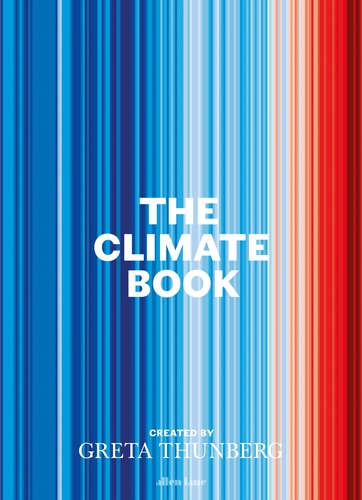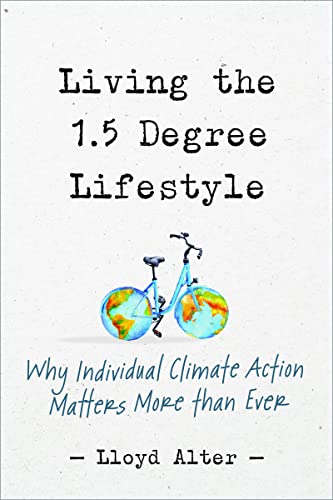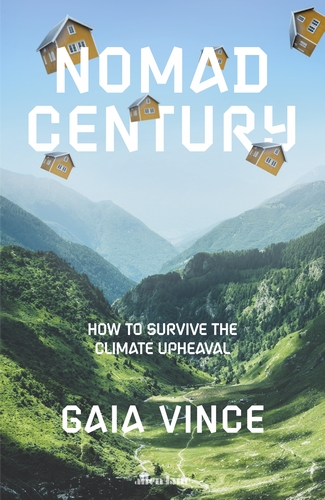Factor Four
For PRL, Plastic is an obvious pollutant and most people already understand that we have a problem. Will politics one day force a change, and make "polluters pay"?
The best book about this is called: Factor Four: Doubling Wealth, Halving Resource Use - The New Report to the Club of Rome
It was written after the Rio conference in 1992.
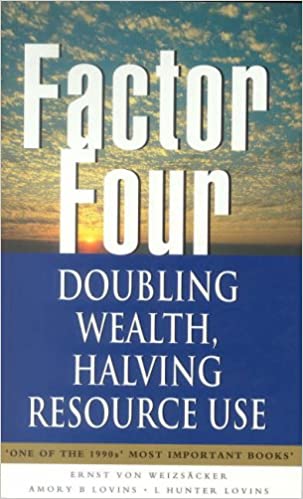
Turning the Tide on Plastic...
Circular Economy / Lifestyle is the next big thing - we really like Lucy Siegle and her work.
This is one of her superb books: Turning the Tide on Plastic: How Humanity (And You) Can Make Our Globe Clean Again
"Enough plastic is thrown away every year to circle the world 4 times.
More than 8 million tonnes of plastic enter the oceans each year.
300 million tonnes of new plastic is produced every year.
An estimated 15-51 trillion pieces of plastic now litter the world's oceans.
38.5 million plastic bottles are used every day in the UK.
A million plastic bottles are used per minute around the world.
500 million plastic straws are used per year.
Without big action, at the current rate, pieces of plastic will outnumber fish in the ocean by 2050. That is the legacy we are leaving our children and grandchildren."
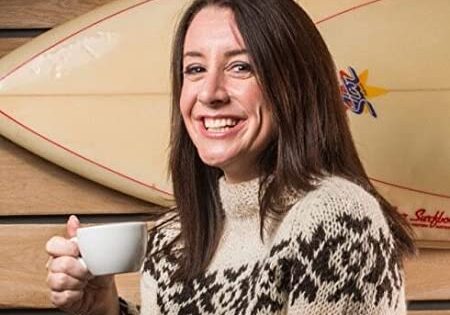
What We Leave Behind
It starts with a day at the beach. A single white sock that somehow spoils everything. It's enough to send writer and ornithologist Stanislaw Lubienski on a quest to understand what we throw away, where it goes and whether it will be our legacy. By analysing items he unearths on his trips into nature - a plastic bottle, a cigarette butt, an empty aerosol can - tracing their origins and explaining the harm they can do, he shows how consumer society has developed out of control, to the point of environmental catastrophe. He also looks with a birdwatcher's eye at how various animals have come to adapt to and even rely on our rubbish, and interrogates the cultural significance of waste and the origins of our throw-away lifestyles. Finally, he adds a personal touch by examining his own "environmental neurosis" and by going out with refuse crews to watch them work.
Translated from the Polish by Zosia Krasodomska-Jones
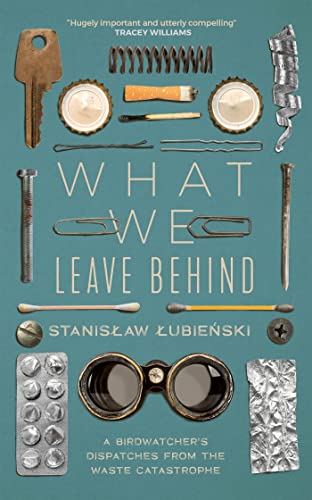
The Chaos Point: The world at the crossroads
We have a choice: Breakdown or Breakthrough.
In THE CHAOS POINT revered author and systems theorist Ervin Laszlo tells us that we are at a critical juncture in history, a 'decision-window' where we face both the danger of global collapse and the opportunity of worldwide renewal.
According to Laszlo we have six to seven years to head off unsustainable trends that would lead to a 'tipping point' beyond which there is no turning back. After this tipping point we either evolve to a safer, more sustainable world, or the social, economic and ecological systems that frame our life break down. This is the Chaos Point, but this need not be the end of the world, only the end of a phase of the world beyond which a new world could dawn. In today's decision-window we have a unique chance of creating that new world and this pioneering book tells us what healing and renewal means, and how each of us can help in achieving it.
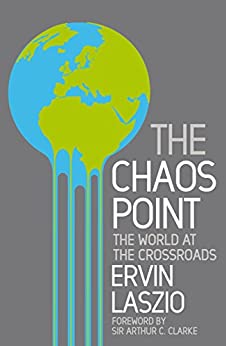
The Story of Stuff: How Our Obsession with Stuff is Trashing the Planet, Our Communities, and Our Health...
Annie Leonard, creator of the internet film sensation "The Story of Stuff", viewed over 6 million times, offers an astonishing, galvanizing book that tells the story of all the 'stuff' we use everyday - where our bottled water, mobile phones and jeans come from, how they're made and distributed, and where they really go when we throw them away.
Our out-of-control consumption habits are killing the planet and threatening our health, but Annie provides hope that change is within reach.
Like "An Inconvenient Truth and Silent Spring", "The Story of Stuff" will be an instant classic.
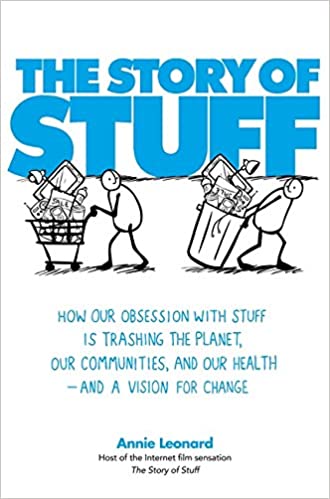
The Climate Book
We still have time to change the world. From Greta Thunberg, the world's leading climate activist, comes the essential handbook for making it happen.
You might think it's an impossible task: secure a safe future for life on Earth, at a scale and speed never seen, against all the odds. There is hope - but only if we listen to the science before it's too late.
In The Climate Book, Greta Thunberg has gathered the wisdom of over one hundred experts - geophysicists, oceanographers and meteorologists; engineers, economists and mathematicians; historians, philosophers and indigenous leaders - to equip us all with the knowledge we need to combat climate disaster. We are alive at the most decisive time in the history of humanity. Together, we can do the seemingly impossible. But it has to be us, and it has to be now.
Living the 1.5 Degree Lifestyle: Why Individual Climate Action Matters More than Ever
Living the 1.5 Degree Lifestyle reveals the carbon cost of everything we do, identifying where we can make big reductions, while not sweating the small stuff. The international scientific consensus is that we have less than a decade to drastically slash our collective carbon emissions to keep global heating to 1.5 degrees and avert catastrophe. This means that many of us have to cut our individual carbon footprints by over 80% to 2.5 tonnes per person per year by 2030. But where to start? Drawing on Lloyd Alter's journey to track his daily carbon emissions and live the 1.5 degree lifestyle, coverage includes:
What it looks like to live a rich and truly green life From take-out food, to bikes and cars, to your internet usage - finding the big wins, ignoring the trivial, and spotting marketing ploys The invisible embodied carbon baked into everything we own and why electric cars aren't the answer How to start thinking about sufficiency rather than efficiency The roles of individuals versus governments and corporations.
Nomad Century: How to Survive the Climate Upheaval
An urgent investigation of the most underreported, seismic consequence of climate change: how it will force us to change where - and how - we live.
In this rousing call to arms, Royal Society Science Book Prize-winning author Gaia Vince describes how we can plan for and manage this unavoidable climate migration while we restore the planet to a fully habitable state. The vital message of this book is that migration is not the problem - it's the solution. Drawing on a wealth of eye-opening data and original reporting, Vince shows how migration brings benefits not only to migrants themselves, but to host countries, many of which face demographic crises and labour shortages. In Nomad Century, Vince provides, for the first time, an examination of the most pressing question facing humanity.

